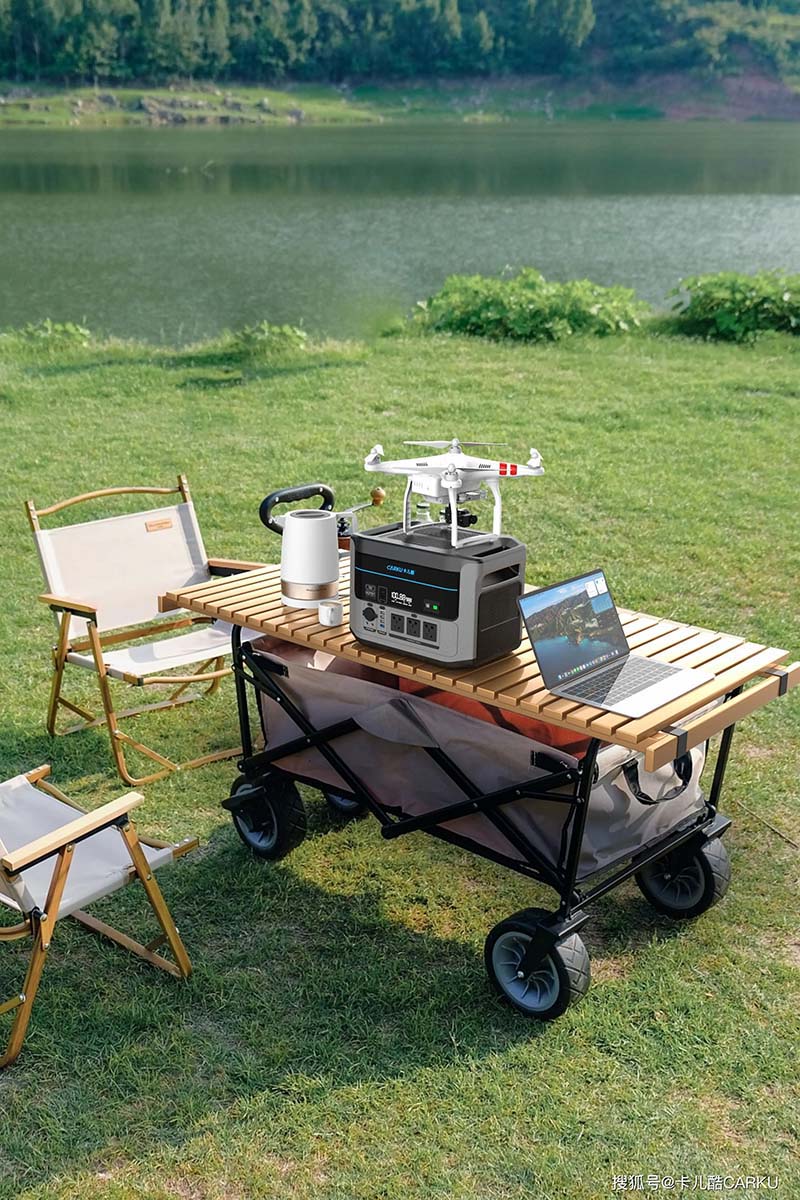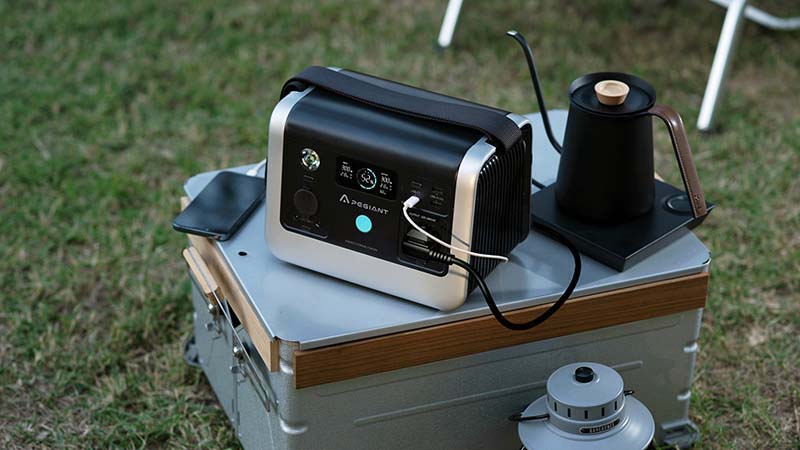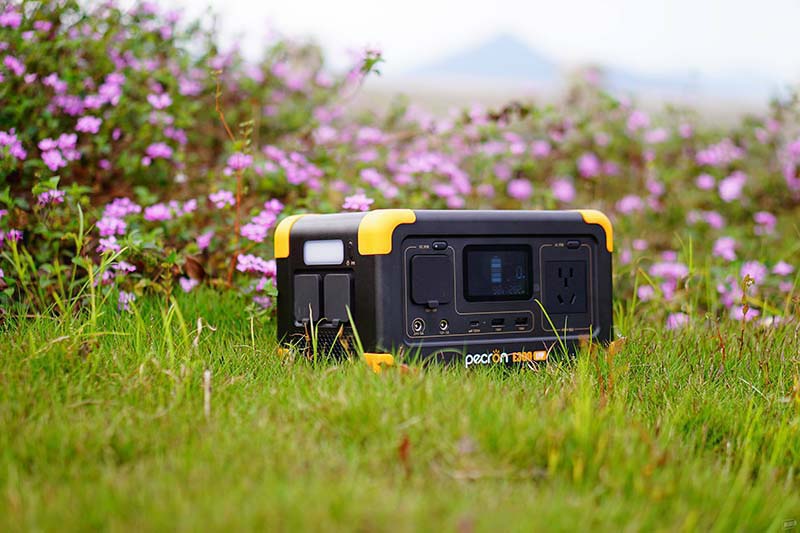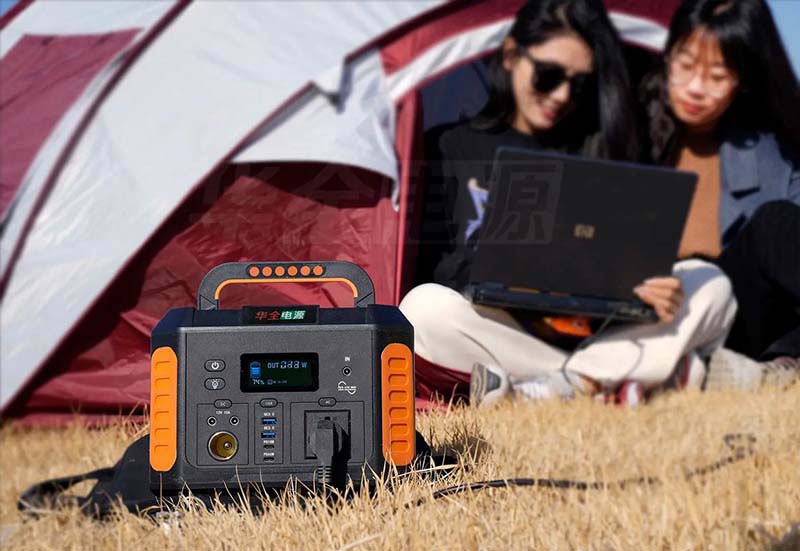how to build off grid power system
Portable power station can be used for Children's toys, Portable projection screen stands, Game consoles, Manicure lights, Handheld ultraviolet disinfection lamps, etc, Building an off-grid power system is an excellent way to achieve energy independence and reduce reliance on traditional ...

Essential Devices Powered
- Supports parallel expansion, allowing connection of up to 4 expansion battery packs.
- Supports both vertical and horizontal placement, saving space.
- Charging noise is ≤30dB, causing no disturbance when used in libraries or bedrooms.
- Pure sine wave output, waveform distortion rate ≤3%.
- Monthly self-discharge rate ≤2%, no need for frequent recharging during long-term storage.
Camping Benefits
- Power supply for military field cooking equipment
- Power supply for electronic devices in outdoor science classes in primary and secondary schools
- Car navigation system + dashcam continuously powered
- Campsite electric mosquito repellent + mosquito killer lamp power supply
- Emergency Operation of Temporary Ticket Checking Equipment at High-Speed 窶銀騎ailway Station
Building an off-grid power system is an excellent way to achieve energy independence and reduce reliance on traditional power sources. To start, assess your energy needs by calculating the total wattage of all the devices and appliances you plan to power. This step ensures you size your system correctly. Next, choose a suitable energy source; solar panels are the most popular option due to their reliability and decreasing costs, but wind turbines and micro-hydro systems are viable alternatives depending on your location. Once you’ve selected your energy source, invest in a quality battery bank to store energy for use during nighttime or cloudy days. Deep-cycle batteries, such as lithium-ion or AGM, are commonly used. You’ll also need a charge controller to regulate the power going into the batteries, preventing overcharging and damage. An inverter is essential to convert the stored DC power into usable AC power for household appliances. Finally, ensure proper installation and maintenance. Position solar panels for maximum sun exposure, secure all wiring safely, and regularly check system components for wear or damage. With careful planning and setup, your off-grid power system can provide a reliable, sustainable energy solution tailored to your needs.


